Best movies like Pornotropic
A unique, carefully handpicked, selection of the best movies like Pornotropic Starring Romane Bohringer, Ann Laura Stoler, Françoise Vergès, Alain Ruscio, and more. If you liked Pornotropic then you may also like: Outside the Law, The Quiet American, Jump Into Hell, Baxter, Vera Baxter, China Gate and many more popular movies featured on this list. You can further filter the list even more or get a random selection from the list of similar movies, to make your selection even easier.
When French writer Marguerite Duras (1914-96) published her novel The Sea Wall in 1950, she came very close to winning the prestigious Prix Goncourt. Meanwhile, in Indochina, France was suffering its first military defeats in its war against the Việt Minh, the rebel movement for independence.
You may filter the list of movies on this page for a more refined, personalized selection of movies.
Still not sure what to watch click the recommend buttun below to get a movie recommendation selected from all the movies on this list
The Quiet American
In early 1950s Vietnam, a young American becomes entangled in a dangerous love triangle when he falls for the beautiful mistress of a British journalist. As war is waged around them, the trio sinks deeper into a world of drugs, passion, and betrayal where nothing is as it seems.
Jump Into Hell
Arriving in IndoChina by parachute, Captain Guy Bertrand and his comrades make a courageous stand against the Communist forces. Jump into Hell is one of the first films to deal with the ongoing conflict in Vietnam or, as it was still known in 1955, French IndoChina.
Baxter, Vera Baxter
In an empty villa, Vera Baxter sits and contemplates her life, as she recounts to a woman who was drawn to the villa when she heard the name Vera Baxter pronounced. Vera tells her about her no-good husband, who has been using her to keep his failing business afloat, up to her present love affair.
China Gate
Near the end of the French phase of the Vietnam War, a group of mercenaries are recruited to travel through enemy territory to the Chinese border.
Morning Departure
The crew of a submarine is trapped on the sea floor when it sinks. How can they be rescued before they run out of air?
The Little Thief
In a small town in post-WWII France, 16-year-old Janine tries to improve her conditions by any means necessary. Three people—Michel, a married lover; Raoul, a fellow thief; Mauricette, a photographer she meets in prison—will help her learn from her mistakes.
Le Petit Soldat
During the Algerian war for independence from France, a young Frenchman living in Geneva who belongs to a right-wing terrorist group and a young woman who belongs to a left-wing terrorist group meet and fall in love. Complications ensue when the man is suspected by the members of his terrorist group of being a double agent.
From the Land of the Moon
In 1950s France, a free-spirited woman trapped in an arranged marriage falls in love with an injured veteran of the Indochinese War.
Lost Command
After being freed from a Vietnamese war prison, French Lt. Col. Pierre Raspeguy is sent to help quell resistance forces in Algeria. With the help of the Capt. Esclavier, who has grown weary of war, and Capt. Boisfeuras, who lives for it, Raspeguy attempts to convert a rugged band of soldiers into a formidable fighting unit, with the promise of marrying a beautiful countess if he's made a general.
Drummer-Crab
"Le Crabe Tambour" ("Drummer Crab") is the nickname for the mysterious central character, Willsdorff (Jacques Perrin), an Alsatian, whose doomed, out-of-date career is recalled through the tales of three naval officers currently serving aboard a French supply ship in the North Atlantic.
Memoir of War
In the last days of the Nazi-occupied France, writer Marguerite Duras awaits the return of her husband, Robert Antelme, arrested for being a Resistance fighter and then deported, while she maintains a tense relationship with her ambiguous lover and a dangerous game with a French collaborationist. Even when the Liberation arrives, she must still endure the unbearable pain of waiting.
The Places of Marguerite Duras
Her whole childhood, Marguerite Duras spent her time moving. Her house in Neauphle-le-Château is the one she has lived in the most, and the one she says: “All the women in my books have lived in this house. All ... ” Duras tells about her house and her garden closely linked to his work, remembers the forest of her childhood and evokes her fear of music.
Marguerite as She Was
On June 3, 1991, Marguerite Duras gave me her last published work, "The North China Lover", autographed for the first time. She wrote: "For my friend Dominique Auvray, in memory of a wonder of wonders: a still recent past, when we worked together in the cinema". This is a portrait of her as she was cheerful and serious, authentic and provocative, considerate and categorical, but first and foremost young and free.
The Children
Ernesto, a seven-year-old boy who has the body of a thirty-year-old man, decides, upon attending his first day of school, that he no longer wishes to attend, because he does not wish to be taught matters that he does not know.
Delphine and Carole
In the 70s, actress Delphine Seyrig and director Carole Roussopoulos, both militant feminists, were the pioneers of video activism in France. They documented the demonstrations of French feminists and used the new technologies to counter the poor representation of women in the public media.
L'affaire Matzneff
About the Gabriel Matzneff affair and pedophilia in French culture and society from the 1950s to the present day. "It was not very difficult to know who Matzneff was at the time." Vanessa Springora denounces thus, in an interview with the Parisian , the support which benefited the writer Gabriel Matzneff , in the years 1970 and 1980. The author fifties then maintains an affair with the young girl, aged 14 years. A relationship under control that the editor tells in Le Consentement (éd. Grasset), published Thursday. "After having analyzed the work " , the Paris public prosecutor's office announced Friday January 3 the opening of an investigation for "rapes committed on the person of a minor of 15 years".
To the Ends of the World
Indochina, 1945. While the French are harassed by both the Japanese army and the Vietnamese rebels, private Robert Tassen, driven by the memory of a tragedy of which he is the only survivor, embarks on the search for the mysterious and cruel Võ Bình Yên, one of the leaders of the insurrection.
Diên Biên Phu
Vietnam, 1954. An American reporter finds himself in the middle of the battle of Điện Biên Phủ, between the French army and the Vietminh.
Agatha and the Limitless Readings
A man and his sister meet at a seaside village to discuss their relationship.
Red Sky
Vietnam - 1946. Philippe is committed to pacifying an unknown country made of dense forests and spectacular mountains. His ideals collapse when he realizes that he must torture and kill a young vietnamese who is fighting for his independence. He decides to flee with her on an unpredictable journey to the heart of the jungle. They will discover who they are. This film is the story of their love.
The Lorry
In this most talky and personal of films, director Marguerite Duras and actor Gerard Depardieu do an on-camera read-through of a movie script. Occasionally, the director comments about the characters or their motivations, and sometimes the actor does. That's all -- there is no action, there are no location shots, no one pretends to be anything else. The script itself tells about an encounter between a blank-slate of a woman hitchhiker, and a communist truck driver. As the reading progresses, Duras comments bitterly about the failed ideals of communism and the glorious revolution that will probably never happen.
Nathalie Granger
With little or no embellishment, filmmaker Marguerite Duras offers a simple, often wordless chronicle of a woman's day. She and her friend are seen doing yard work, talking about their families and receiving the occasional visitor. The brightest spot in the day is when a washing machine salesman comes to call.
Son nom de Venise dans Calcutta désert
The full soundtrack to Marguerite Duras' 1975 film India Song, about a French ambassador's wife in 1930s India, is here repurposed with all new cinematography. As we hear all the dialogue of a bygone movie, we travel visually through images of absence and decay, bereft of life. It's the ghost of a film, and a further commentary on colonialism.
A Captain's Honor
During a televised debate on the Algerian war in the early 1980s, Professor Paulet denounced the methods of Captain Caron, killed in action in 1957. The widow of the captain, Patricia, decided to file a defamation suit.
Le Navire Night
Each night in Paris, hundreds of men and women anonymously use telephone lines that date from the German Occupation and are no longer listed to talk to each other, to love each other. These people, shipwrecked lovers, are dying to love, to escape the abyss of solitude.
Destroy, She Said
In a secluded hotel circumscribed by a dense forest Max and Alissa Thor meet Stein and Elisabeth. Max, a professor of future history and an aspiring author, is immediately attracted to the brooding wife of industrialist Bernard Alione, Elisabeth, who is recovering from a miscarriage. Stein, a German Jew and potential writer, is infatuated by Alissa, Max's young wife and former student. During their sojourn the guests' identities gradually meld.
White Soldier
A muggy Saigon, late 1945. Stationed at a military camp in French Indochina, two young men--Robert and André--become close friends as they share the boredom and excitement of waiting for their first mission. But when they discover that instead of freeing Indochina from foreign aggressors, they will be fighting natives struggling for independence, their friendship is jeopardized.
Bay of Algiers
The writer Louis Gardel remembers his youth in Algeria. In 1955, Louis is 15 years old and lives with his grandmother Zoé. Zoé is friend with president Steiger, leader of the French settlers but also with the old Arab Bouarab. One night looking at the Bay of Algiers, Louis is convinced that the world in which he has grown will disappear. The first events of the War of Independence have begun. The young boys and young girls have a good time at the seaside: swimming, dancing, flirting. But, little by little, the war becomes part of their daily life.
Cet amour-là
Cet Amour-là is an intimate portrait of a legendary love affair. Set against the beauty of the Breton seaside, it is also a film that revels in the insights that Marguerite Duras' writing affords.
The 317th Platoon
In Laos, 1954, eight days before the french defeat in the Indochina war, the 317th platoon – four french soldiers and 41 laotian combatants – has been ordered to leave its outpost and to retreat for the plains of Diên Biên Phu, where the french army is getting stucked. Led by the inexperienced and idealistic sous-lieutenant Torrens, fresh out of the military academy, and by adjutant Willsdorf, a WWII veteran of the Werhmacht, the group must cross 150 kilometers of jungle. But dripping rainwater, hostile nature, and the Viêt-minh ambushes expose them to constant danger.
I Want to Talk About Duras
In 1982, Yann Andréa and Marguerite Duras have been living together for two years. She is almost 70 years old, while he is 38 years her junior. Andréa asks journalist and writer Michèle Manceaux to interview him about his life with Duras, an obsession that both impassions him and drives him mad. He believes by entrusting their story to Manceaux, he may gain more clarity of the relationship. What follows is an intense and compelling conversation delving into the deepest recesses of modern love.
Mê Thao: Once Upon a Time
In early 20th century Vietnam a nobleman scorns everything Western after his beautiful fiance dies in an auto wreck and forces the poor villagers to destroy all their "modern" possessions.
Surname Viêt Given Name Nam
The film evolves around questions of identity, popular memory and culture. While focusing on aspects of Vietnamese reality as seen through the lives and history of women resistance in Vietnam and in the U.S, it raises questions on the politics of interviewing and documenting.





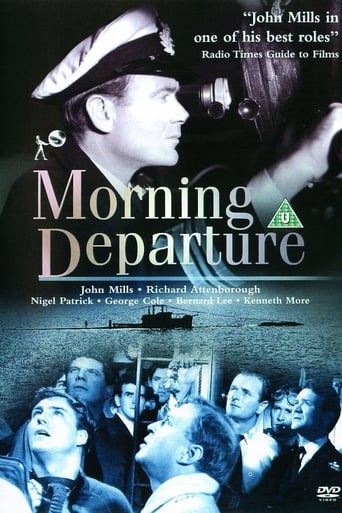



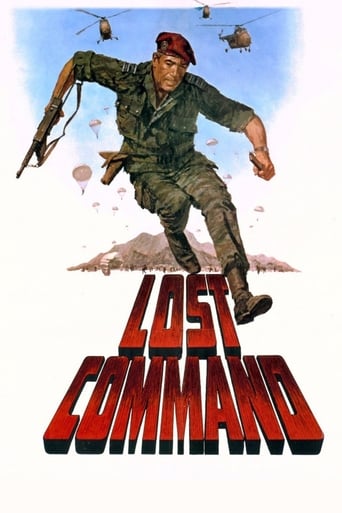

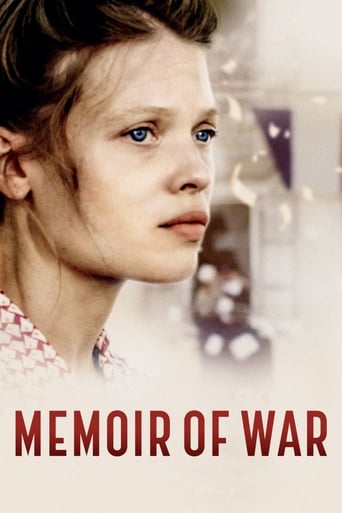


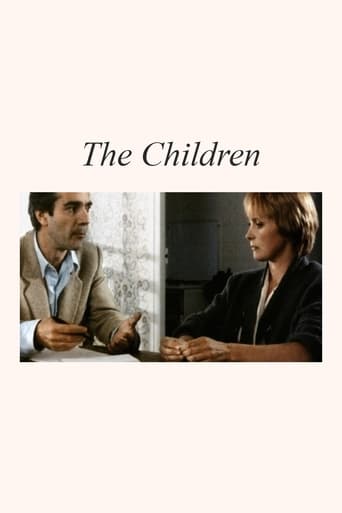









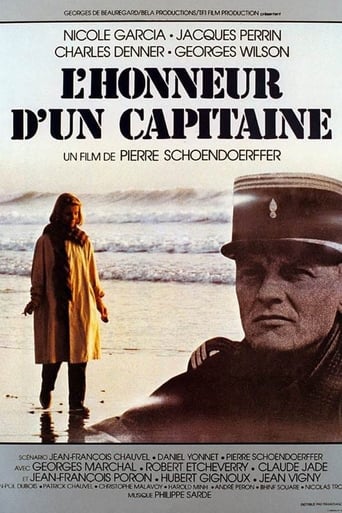



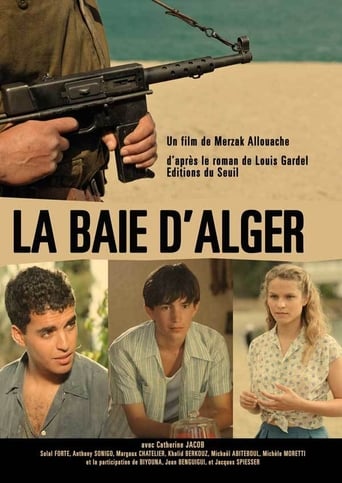





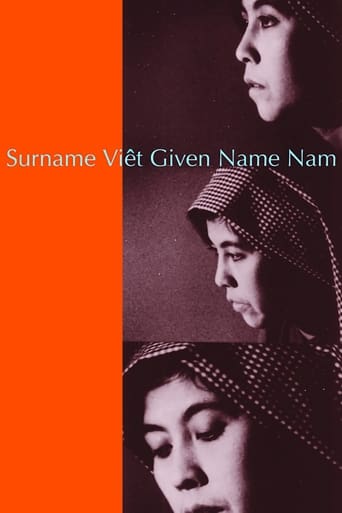






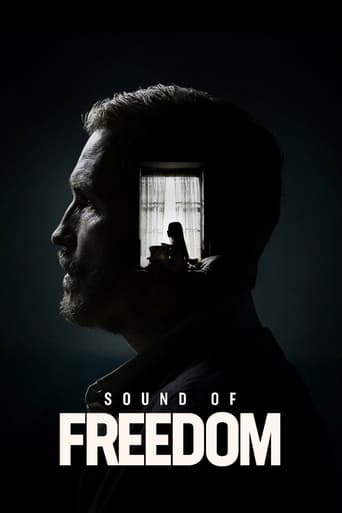



Outside the Law
After losing their family home in Algeria in the 1920s, three brothers and their mother are scattered across the globe. Messaoud joins the French army fighting in Indochina; Abdelkader becomes a leader of the Algerian independence movement in France and Saïd moves to Paris to make his fortune in the shady clubs and boxing halls of Pigalle.